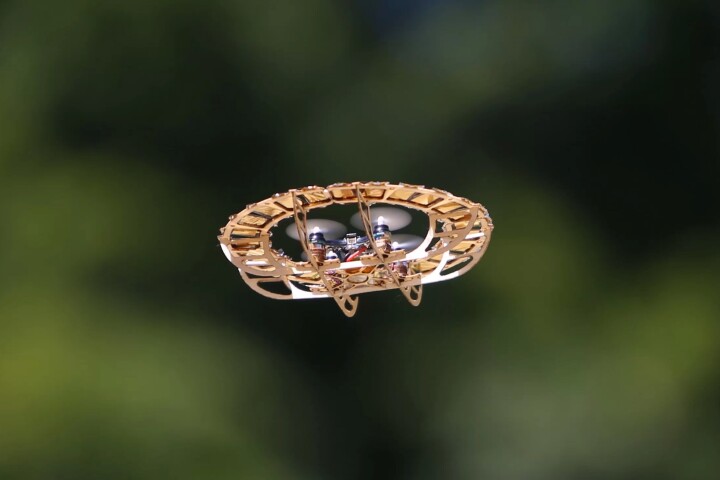Canadian researchers are reporting allergies that develop in a baby’s initial year of life could be predicted by analyzing their first poo after birth. The study claims one’s microbial make-up at birth can play a major role in early immune development.
That notorious first bowel movement from a newborn baby is known as meconium and it contains a wide variety of materials ingested while in utero. Metabolites found in meconium can not only indicate what a baby was exposed to while gestating, but offer unique insight into what drives early development of an infant’s gut microbiome.
"Meconium is like a time capsule, revealing what the infant was exposed to before it was born,” explains lead author on the new research, Charisse Petersen. “It contains all sorts of molecules encountered and accumulated from the mother while in the womb, and it then becomes the initial food source for the earliest gut microbes.”
The new research set out to investigate whether patterns of biomarkers in a baby’s meconium could predict allergy development in the first year of life. Samples of meconium from 100 infants were analyzed and a link was detected between metabolic diversity in this first stool and allergic sensitization at one year.
Using a machine-learning algorithm, the researchers could ultimately predict an infant’s risk of developing allergies with 76 percent accuracy. Petersen points out this finding demonstrates how a child’s immune system can begin developing before birth.
"This work shows that the development of a healthy immune system and microbiota may actually start well before a child is born - and signals that the tiny molecules an infant is exposed to in the womb play a fundamental role in future health," says Petersen.
A great deal of recent research has focused on what factors influence the early development of a baby’s microbiome. One study, for example, found a premature baby’s microbiome played a vital role in how quickly they grew in size after birth.
Another study, looking more specifically at allergy development, found certain supplements taken by a mother late in pregnancy could influence future risk of allergy and eczema in a baby. However, it is still unclear exactly what mechanisms could explain this correlation.
Stuart Turvey, senior co-author on the new study, says the biggest immediate outcome from these new findings could be to help doctors and parents identify those infants most at-risk of developing auto-immune conditions. This would then guide interventions to improve microbiome and immune system development before allergies appear.
"We know that children with allergies are at the highest risk of also developing asthma,” says Turvey. “Now we have an opportunity to identify at-risk infants who could benefit from early interventions before they even begin to show signs and symptoms of allergies or asthma later in life”.
The new study was published in the journal Cell Reports Medicine.
Source: University of British Columbia




